Genesis 2
$40.99
Genesis is not merely an Old Testament book. Genesis is the beginning of the Bible’s macro-narrative, the over-arching narrative which stretches from the creation in Genesis 1 and 2 to the new creation in Revelation 21 and 22. To read Genesis as Christian Scripture requires that we also read Genesis in light of its meaning for Christians who know Jesus Christ to be the ultimate seed of Abraham (Gal. 3:16).
This section of Genesis differs from chapters 1-11 in two main ways. First, it deals with the chosen family, the precursor to the nation of Israel. Second, it focuses much more on the lives of individual characters who come to life on its pages. A predominant theme in this section of Genesis is the concept of election or “chosenness,” referring to God’s choice of particular individuals as the human channels of his blessing to the entire world. Often God’s choice runs counter to the human choice. Isaac is chosen over Lot and Ishmael; Jacob over Esau; Judah over his older brothers Reuben, Simeon and Levi. Joseph, the tenth son, is elevated above his brothers. The chosen nation descends from a series of individuals chosen for other reasons than their order of birth or expected social status. Israel is a chosen nation descended from the unlikely and improbable choices that God made of individuals. This theme of God’s surprising choices binds the narratives of Genesis together and hints at the humility that the chosen nation Israel must have toward their own election.
Unlike the earlier section of Genesis where human characters are little more than types, in this section of Genesis we have full-fledged characters such as Abraham and Sarah, Isaac and Rebekah, Jacob, Joseph and Judah. With fullfledged characters comes the complexity and ambiguity of such characters. The characters in Genesis are not portrayed as good Christian people! They were not Christians and their narrative portrayals are not simplistic. The lessons we learn from them come as much from their weaknesses and mistakes as it does from their moral examples. The characters of Genesis are not white-hatted heroes riding white horses or black-hatted villains riding black ones. The message of Genesis is elsewhere than in simplistic moralizing.
Genesis 12-50 makes clear that even the chosen family is itself significantly sinful. This prepares the ground for the Bible’s great surprise ending. God himself, in his son Jesus the Messiah, the son of David, the son of Abraham, took on flesh and b
in stock within 3-5 days of online purchase
SKU (ISBN): 9780899008769
ISBN10: 0899008763
Paul Kissling
Binding: Cloth Text
Published: March 2009
College Press NIV Old Testament Commentary
Publisher: College Press Publishing Company Inc.
Print On Demand Product
Related products
-
Light Within Me
$27.99The celebrated Fox News star and #1 New York Times bestselling author offers a powerful, uplifting look at her life and her spiritual journey, reflecting on her family, her faith, and her successful career.
In her bestselling children’s book Take Heart, My Child, Ainsley Earhardt drew on her childhood and the inspirational notes her father wrote her before school each morning. In this moving memoir, she reminisces about growing up with a father who loved his children unconditionally–a cherished model of parenthood she has adopted with her own daughter–how her Christian faith has shaped her life, and the dynamic journalism career that has made her a trusted household name.
From her insightful political coverage, including a sit-down with Melania Trump, to her powerful reporting covering some of the most headline-making national events, to her live coverage, including Pope Francis’ visit to New York, Ainsley considers her career and the factors that have propelled her to the top of her field, becoming a cohost of Fox & Friends and contributor to Hannity. Ainsley credits her success to the values she learned from her parents, and to the enduring Christian faith that has been her ballast through thick and thin, in good times and in periods of great difficulty.
Filled with inspirational quotes taken from Scripture and illustrated with sixteen pages of never-before-seen photos, her memoir is infused with her spiritual beliefs and will touch the hearts of all her fans, reminding them to count the blessings God has given them every day of their lives.
Add to cart2 in stock
-
New Kind Of Christianity
$16.99After the hailstorm of controversy stirred up by the hardcover, we hope the paperback release keeps the debate going. One of the most innovative Christian voices today and author of the controversial A New Kind of Christian faces head-on the questions that will determine the shape of the faith for the next 500 years.
Add to cart1 in stock (additional units can be purchased)
-
Screwtape Letters
$17.99Wormwood, a demon apprentice, must secure the damnation of a young man who’s just become a Christian. He seeks the advice of an experienced devil, his uncle Screwtape. Their correspondence offers invaluable—and often humorous—insights on temptation, pride, and the ultimate victory of faith over evil forces. Paperback with French flaps and deckled page edges.
Add to cart2 in stock (additional units can be purchased)

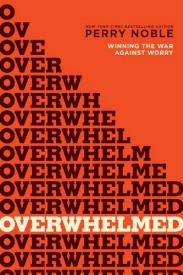
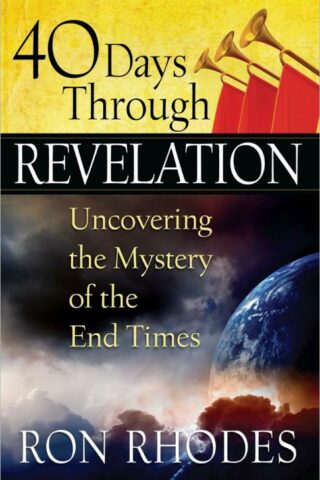






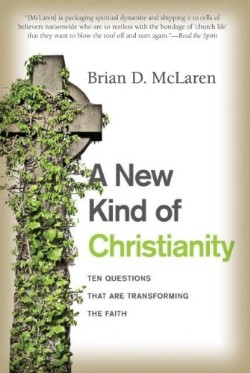



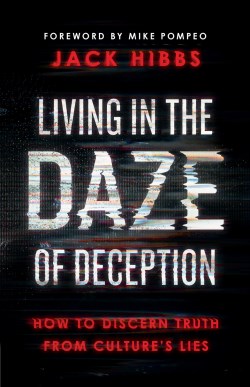
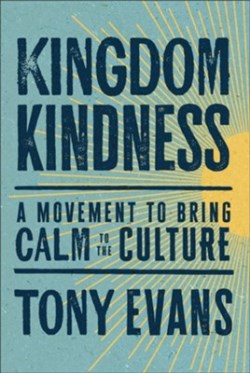

Reviews
There are no reviews yet.